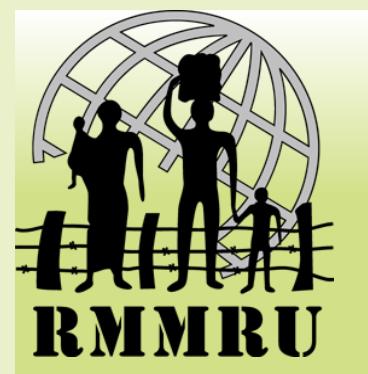 NGO News Desk :: Speakers at a workshop called for further reforming the kafala system that is operational in the Gulf Cooperation Council countries. They also called for better understanding of the kafala system that guide the employee – worker relations in the Gulf states.
NGO News Desk :: Speakers at a workshop called for further reforming the kafala system that is operational in the Gulf Cooperation Council countries. They also called for better understanding of the kafala system that guide the employee – worker relations in the Gulf states.
The observations were made at the concluding session of a two-day training workshop on the Kafala System in Gulf Cooperation Council (GCC) Countries that was held at a local hotel on 27 February 2013. The workshop was organised by the Refugee and Migratory Movements Research Unit (RMMRU) with the support of the Swiss Agency for Development and Cooperation (SDC).
Dr. Tasneem Siddiqui of Dhaka University presented the key recommendations of the workshop. The workshop felt that the Government of Bangladesh takes up negative aspects of kafala system bilaterally with various labour receiving countries as well as multilaterally in regional consultative processes and the UN forum. It also called for abolition of individuals to act as kafeels. The participants also called for making the Bangladeshi missions to be more efficient and resourceful in serving the migrants. The workshop further recommended that civil society organizations to disseminate information about the kafala system among aspirant migrants.
Dr. Zafar Ahmed Khan, Secretary of the Ministry of Expatriates’ Welfare and Overseas Employment underscored the need for increased cooperation between sending and receiving countries for improved protection of migrant workers. He also said, as sending country we need to raise our concerns with labour receiving countries with adequate sensitivity.
Among others Ms. Tahsina Ahmed of SDC, Ms. MehruVesuvala, a social worker of Bahrain, Adv. Prasad Kumaran of Oman, Dr. Ray Juerdini from Qatar Foundation spoke at the press conference. More than forty participants representing government, civil society organizations and the media part took part in the two day workshop.



